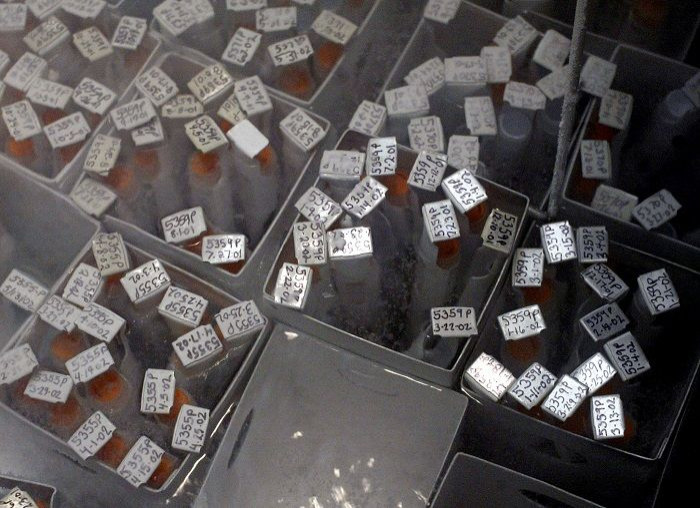3 Families Sue Sperm Bank For Billing Mentally Ill Felon As The 'Perfect Donor'

Xytek, a Georgia-based sperm bank, is in hot water for telling parent hopefuls that Sperm Donor 9623 was a healthy, post-doctoral student with an IQ of 160. Turns out this "perfect donor" was college dropout Chris Aggeles, who has also been diagnosed with three serious mental disorders.
The identity of Aggeles, 39, was uncovered two years ago after Xytek accidentally included his name in an email. This information prompted some curious moms to take to the internet and do some Google sleuthing. To their horror, they found out that the man, who the sperm bank described as “mature beyond his years” with an undergraduate degree in neuroscience and a master’s degree in artificial intelligences, was actually a felon who has been diagnosed with bipolar disorder, narcissistic personality disorder, and schizophrenia. “It was like a dream turned nightmare in an instant,” Angie Collins told The Toronto Star. Collins and her partner Margaret Elizabeth filed a lawsuit against the sperm bank last year,
She said she felt sick upon hearing the news, realizing that her “son’s life could just turn on a dime in puberty.” It's a valid cause for concern, given mental illnesses plague an estimated 26.2 percent of U.S. adults aged 18 and older in a given year. These are complex disorders that arise as a result of an interplay genetic and environmental factors, according to the National Society of Genetic Counselors, suggesting there is a chance her son has a chance of developing at least one of Aggeles’s diagnosed mental disorders.
Collins’ lawsuit, which accused the sperm bank and donor of “misrepresenting the medical and social history of the donor,” was initially tossed out by an Atlanta judge for procedural issues, CBS News reported. The case was also considered a “wrongful birth” claim, which is not recognized under Georgia law.
But that’s not stopping Collins. On Wednesday, she and two other Ontario families filed a new lawsuit against the sperm bank and its Ontario distributor, claiming the companies continued to promote and sell the donor’s sperm even after the sperm bank learned of the discrepancies between the sperm they were advertising and the sperm being delivered, The Star reported.
Apparently, Aggeles’ lie went undetected for more than a decade. During that time, his sperm was used to create at least 36 children in the U.S., Canada and the UK between 2000 and 2014, according to The Star. Nancy Hersh, a San-Francisco-based lawyer who is representing some of the families, speculated Aggeles could have more children running around. She said some of his sperm was stored and made available for use even after his lies came to light.
Aggeles’ real identity is the opposite of what many women look for in a sperm donor. A 2015 study published in the journal Applied Economics Letters found that women tend to look for smart, “but shy and calm” sperm donors. So Collins is taking this opportunity to push for overall change in the sperm-bank industry.
“Given the current state of affairs in the sperm-bank industry, it is strictly a matter of luck if a sperm donor is an upstanding and healthy individual, not a matter of testing, screening, regulating or legislating,” she said. “Who would have thought that an industry that makes people would be like this?”



























